Uncle Li likes to dig the earth, and the gardenia is big and colorful
Uncle Li has raised several pots of gardenia, which are in good bloom. The flowers are white and the fragrance of flowers is floating all over the yard. It's really enviable. Uncle Li is really busy digging with a small shovel. He gently shovels off a layer of soil on the surface of the flowerpot, and then paves a layer of new soil. Why is this
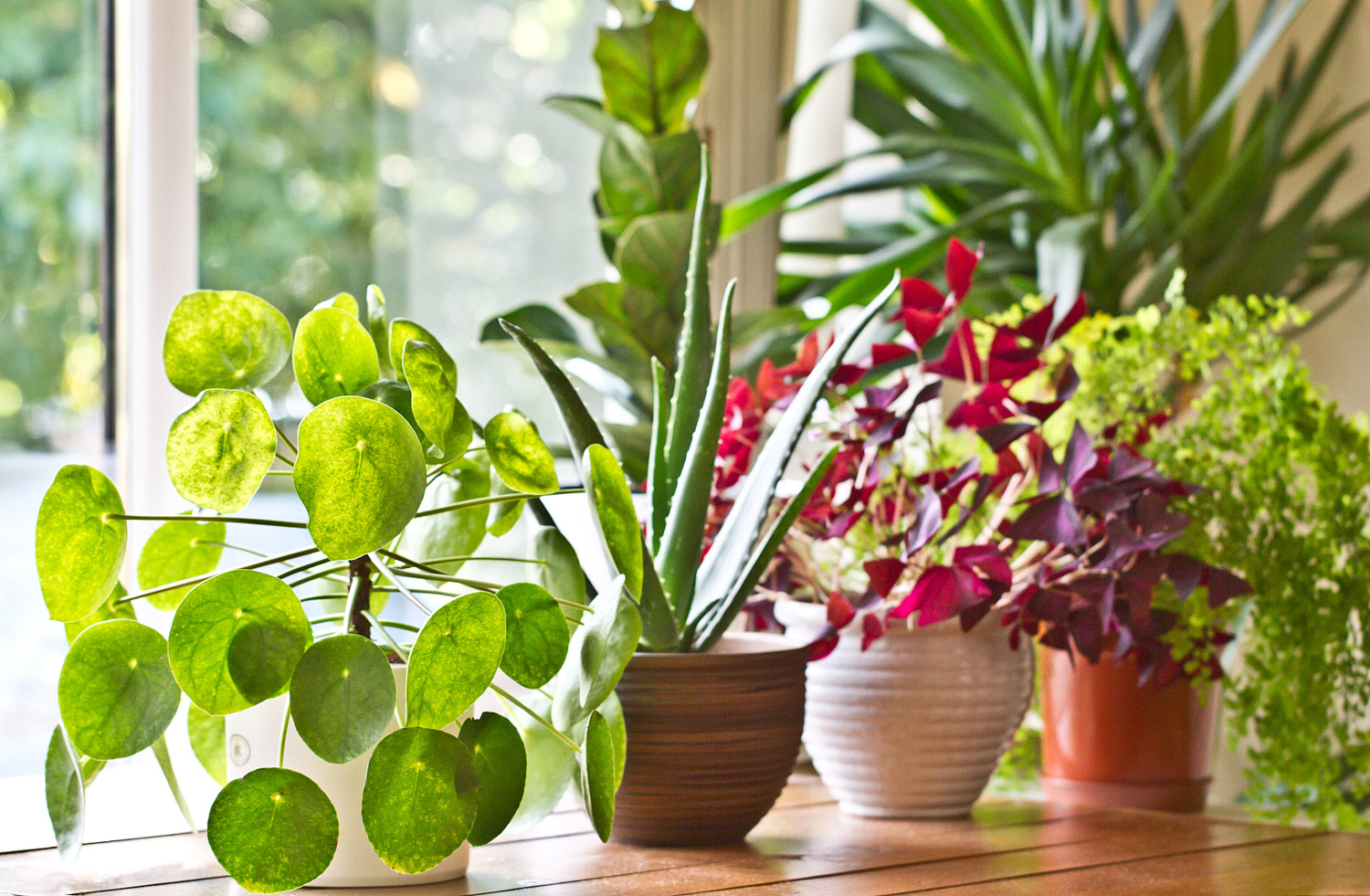
The water contains some saline alkali substances, which will gradually accumulate on the surface area of the basin soil after watering, making the top soil gray and white, which is easy to lead to soil salinization. Uncle Li is to uproot the top salinized soil
Add some sawdust into the basin, and the basin soil is soft and not hardened
In addition to learning from Uncle Li to dig the basin soil, flower friends can also add some sawdust to the soil to make the soil soft and breathable and prevent the soil from hardening and salinization. But sawdust must be fermented
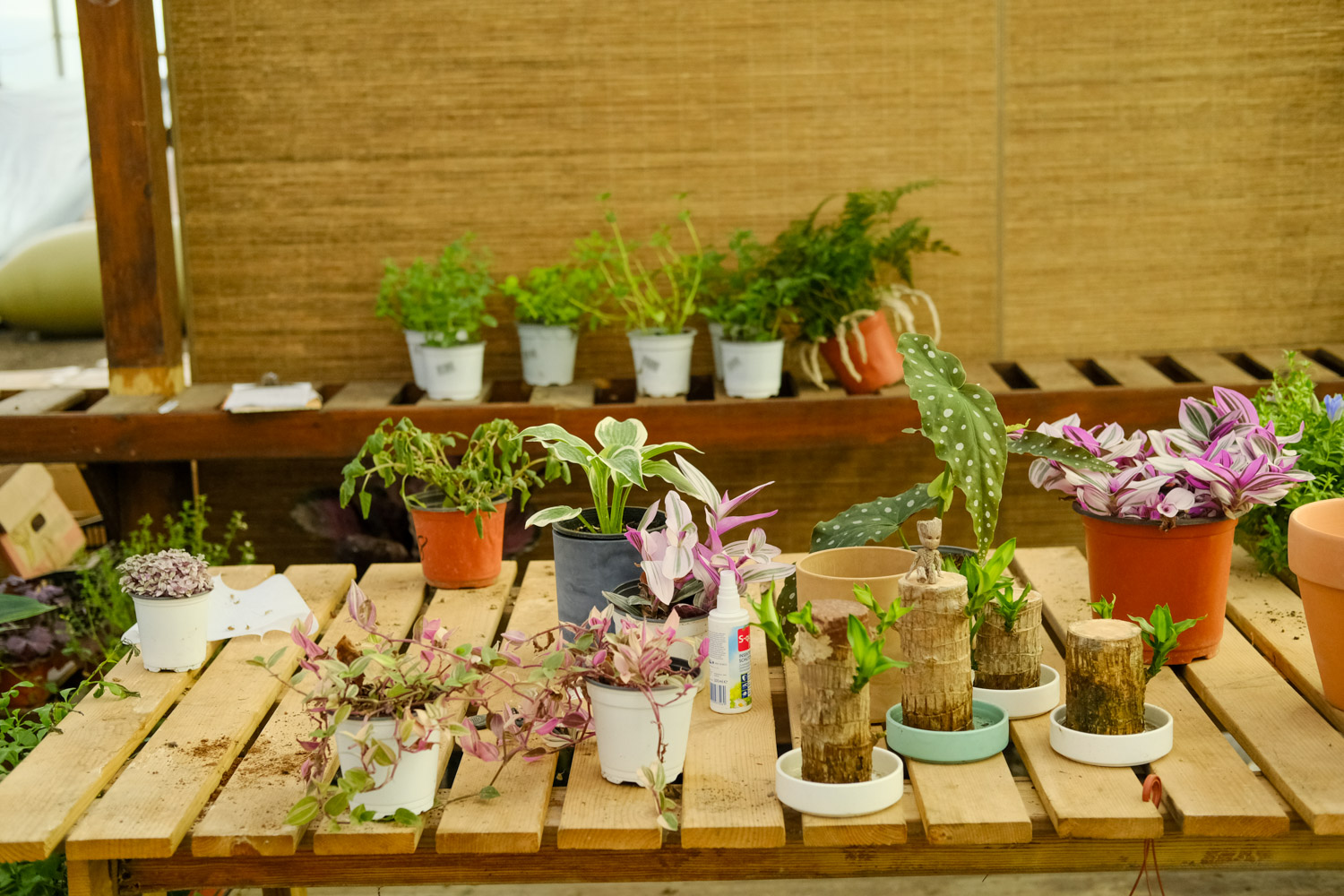
1. Collect sawdust
Sawdust is the sawdust generated by the factory when processing wood. If conditions permit, you can go to the wood mill to pick up some fresh sawdust. But don't pick up glue bonded sawdust
2. Pour rice washing water into sawdust
Put the sawdust into a plastic bucket, pour rice washing water, pour the sawdust through, and finally cover it
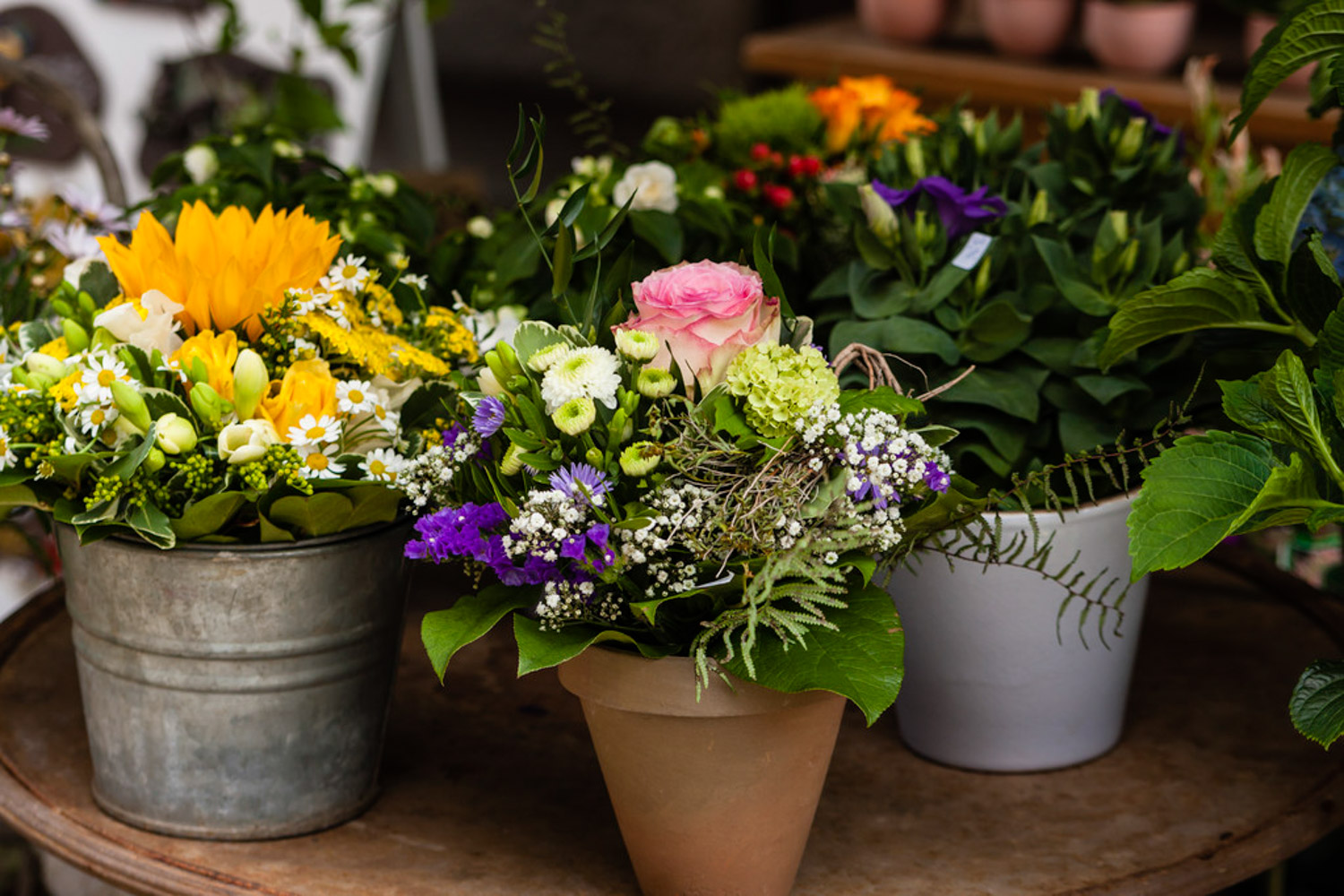
3. Ferment in the sun
Put the plastic bucket in the sun and open the lid every 2-3 days. If the water content of sawdust is less, pour some rice washing water
4. Good fermentation in 2 months
Generally, the sawdust will ferment within 2 months, and the color of sawdust will change from light yellow to black or dark brown
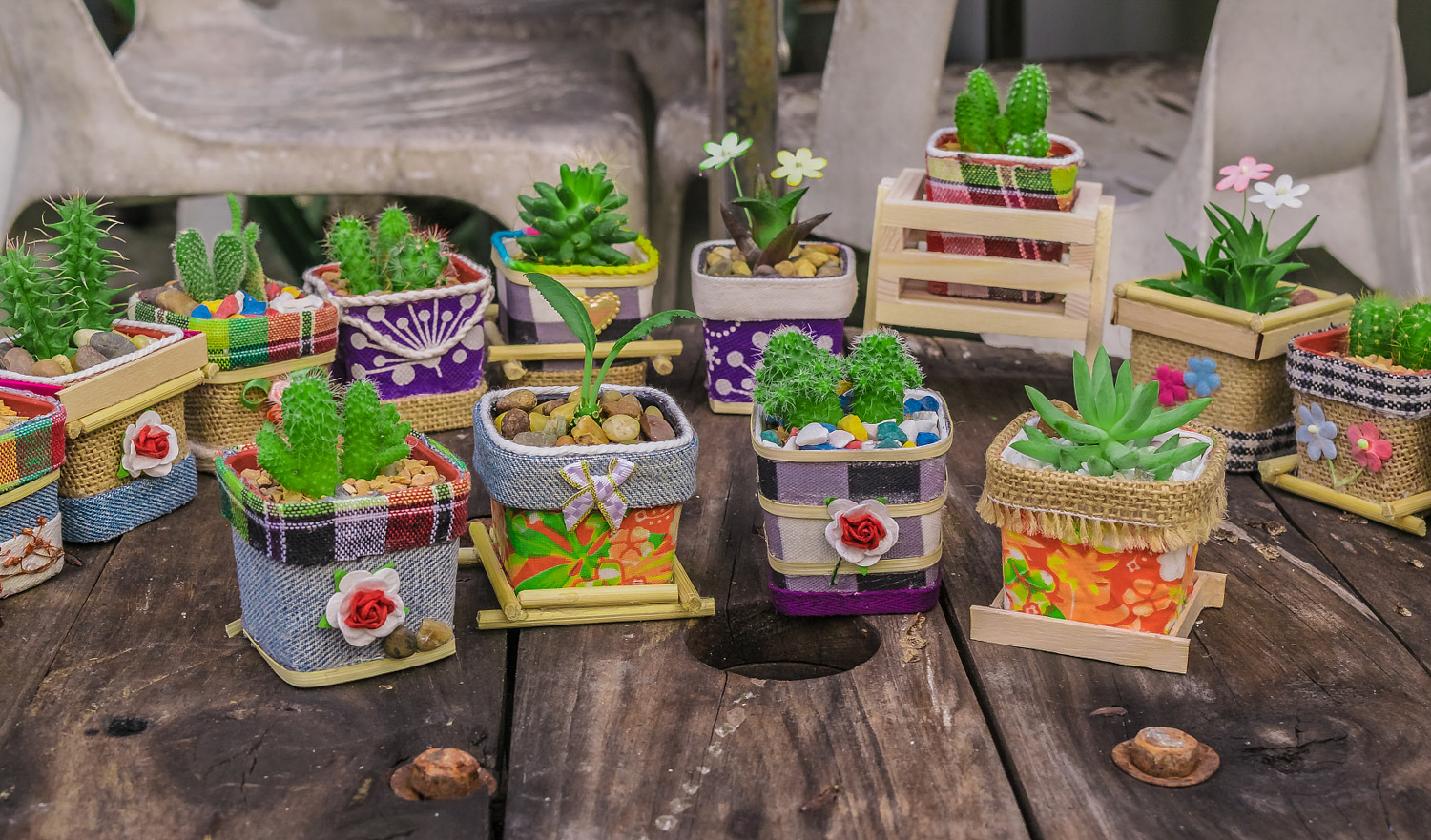
5. Mixed with soil, the soil is loose and breathable
Add sawdust into the soil. The ratio of soil to sawdust is 1:1. After mixing evenly, it can be used to raise flowers. Sawdust soil is not only very soft, but also rich in nutrition
Pour some peel fertilizer in the basin, and the soil is soft and fertile
Making fruit peel into organic fertilizer solution and pouring it into the soil can also prevent soil hardening and salinization, and save money on buying fertilizer
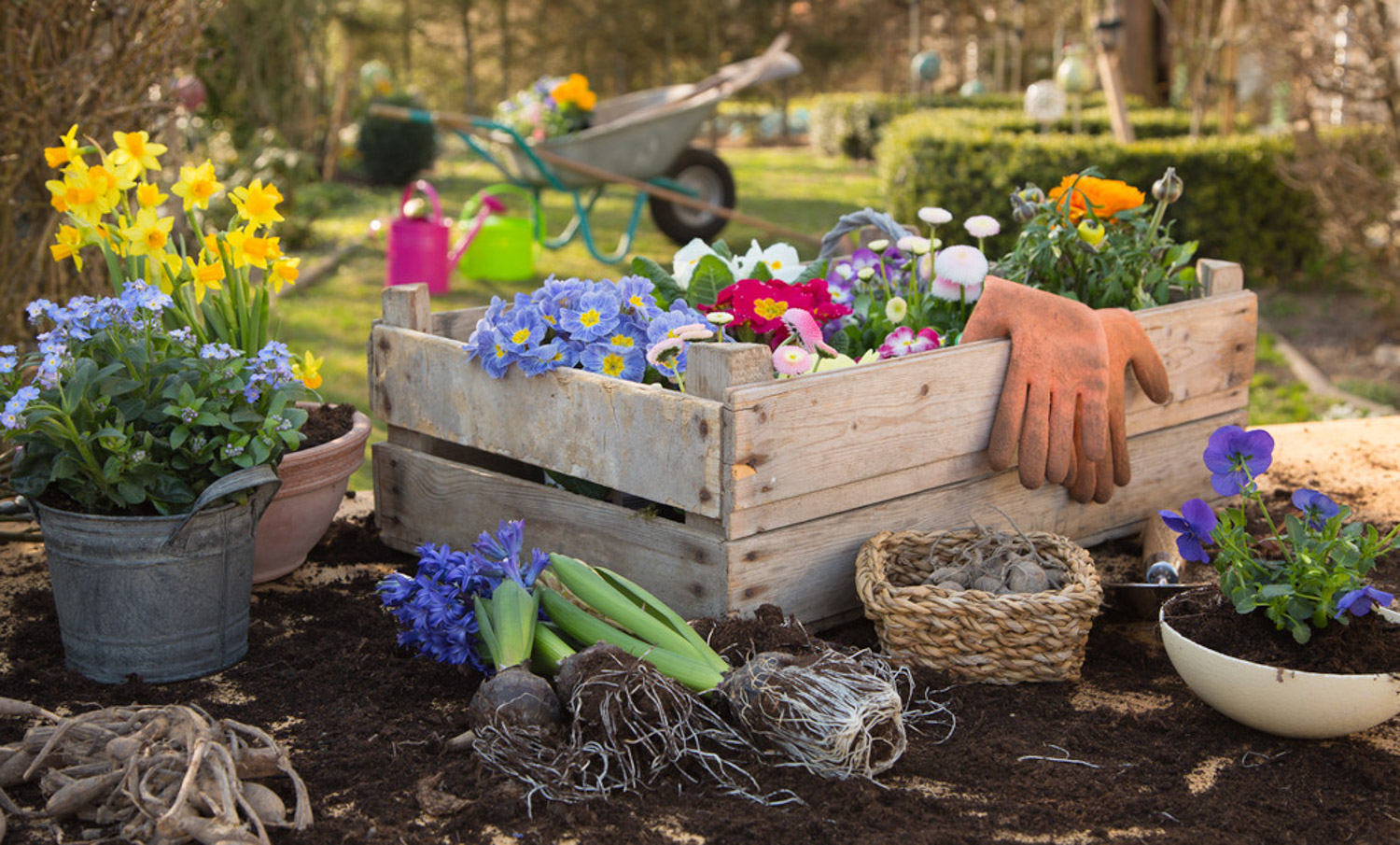
1. Collect all kinds of peel
Common fruit peels in life can be used to make self-made fat liquid, such as apples, oranges, bananas, pitaya, etc. if the fruit is rotten, don't throw it away, just make fat liquid with the peel
2. Chopped peel
Chop the peel with a knife. The more it is broken, the faster the fermentation speed is, and the nutrients can be released faster
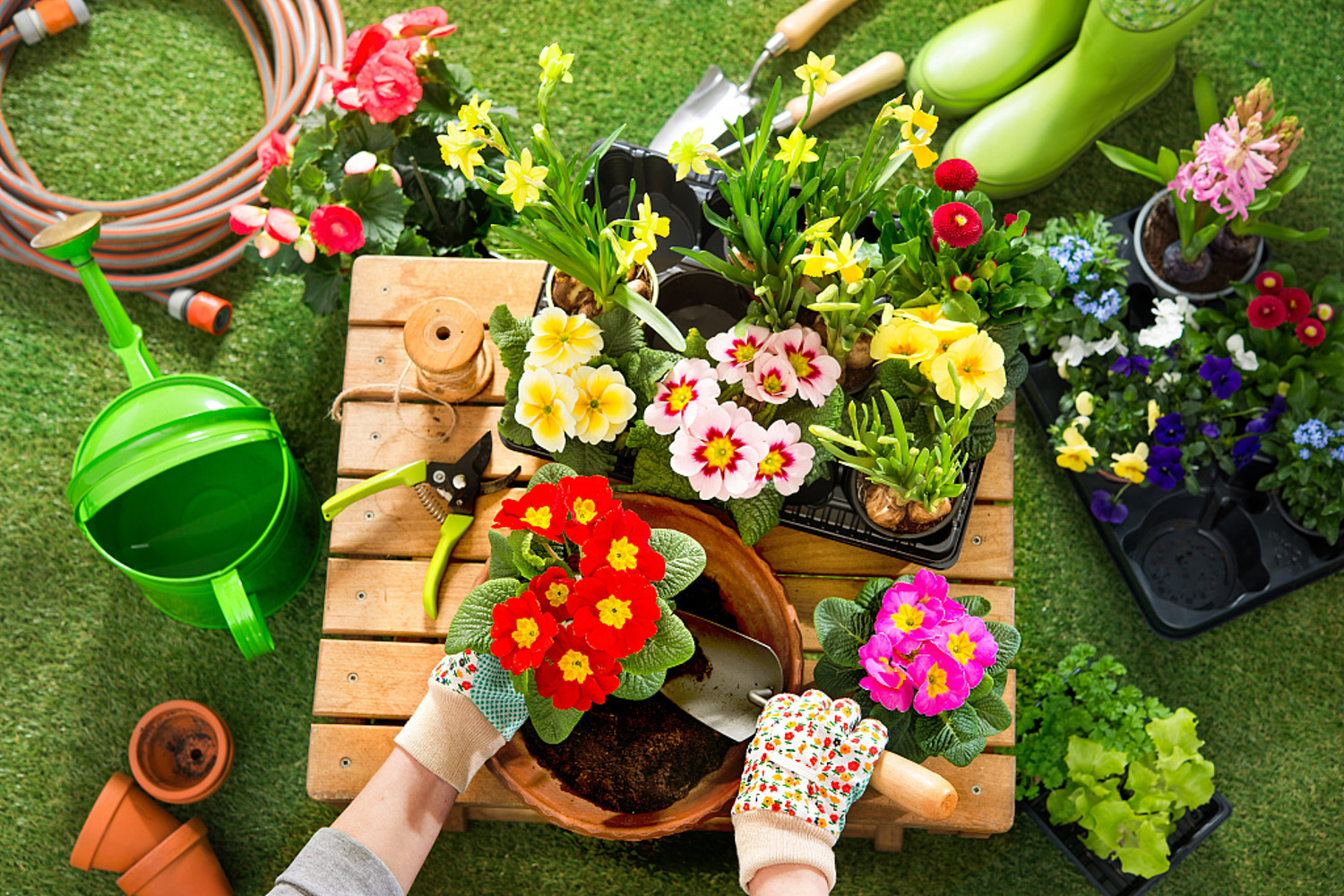
3. Bottle and seal
Put the crushed fruit peel into a plastic bottle, then add water, about 8 minutes full, cover the bottle, put it in the sun, open the bottle cap every 2-3 days for ventilation for 1 minute, and then cover it. It will ferment in a month
4. Pour in the soil
The peel fertilizer solution can not directly water the flowers. If the concentration is too high, it is easy to burn the flowers. Pour out an appropriate amount of fertilizer solution and dilute it with 50 times of water before watering. Just water it 1-2 times a month. The flowers drink for a long time
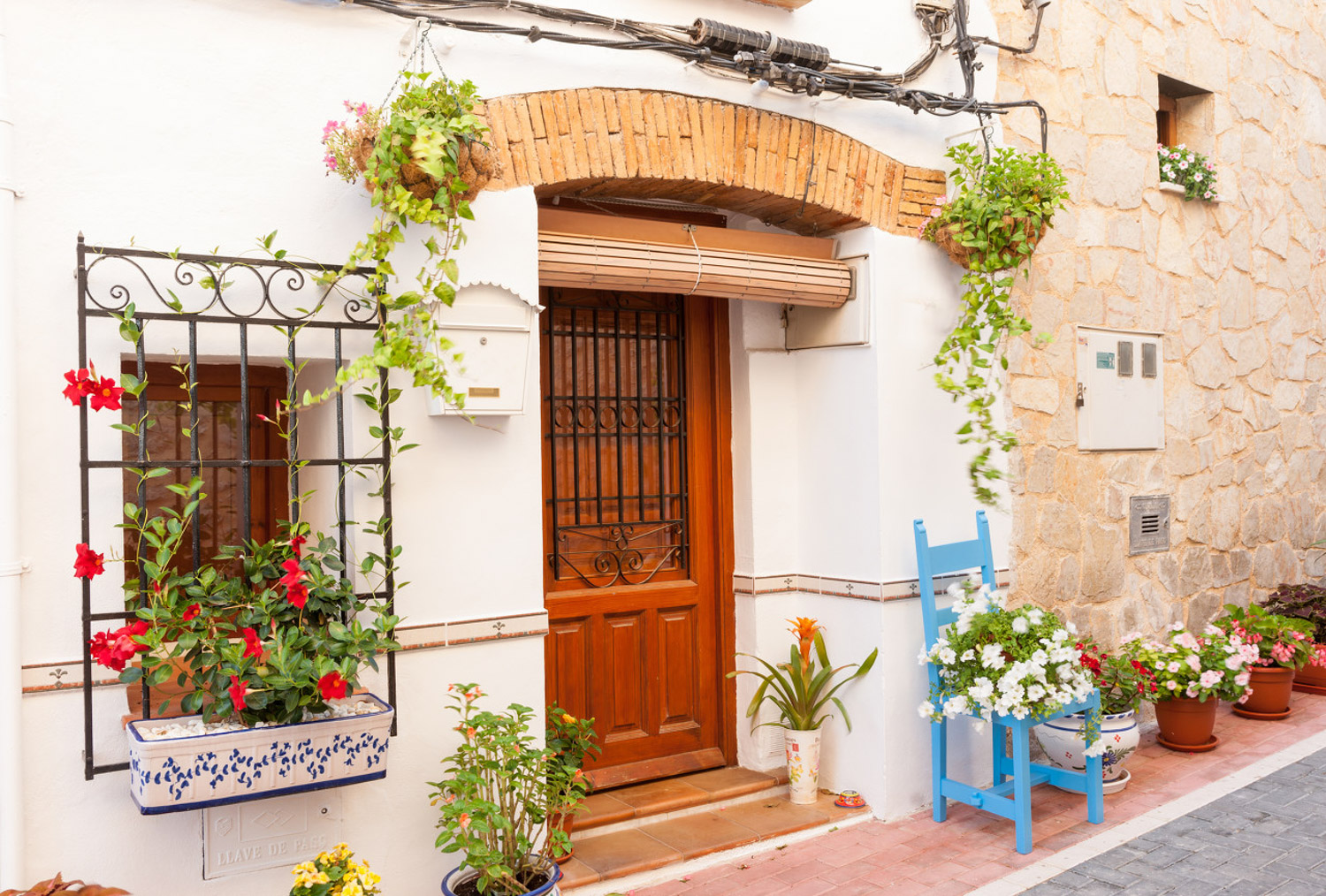
Soil hardening and salinization
Very bad for flower growth
Flower friends might as well try these three methods
I think what Huahua said is useful
Just share it with your friends

 how many times do yo...
how many times do yo... how many planted tre...
how many planted tre... how many pine trees ...
how many pine trees ... how many pecan trees...
how many pecan trees... how many plants comp...
how many plants comp... how many plants can ...
how many plants can ... how many plants and ...
how many plants and ... how many pepper plan...
how many pepper plan...





























